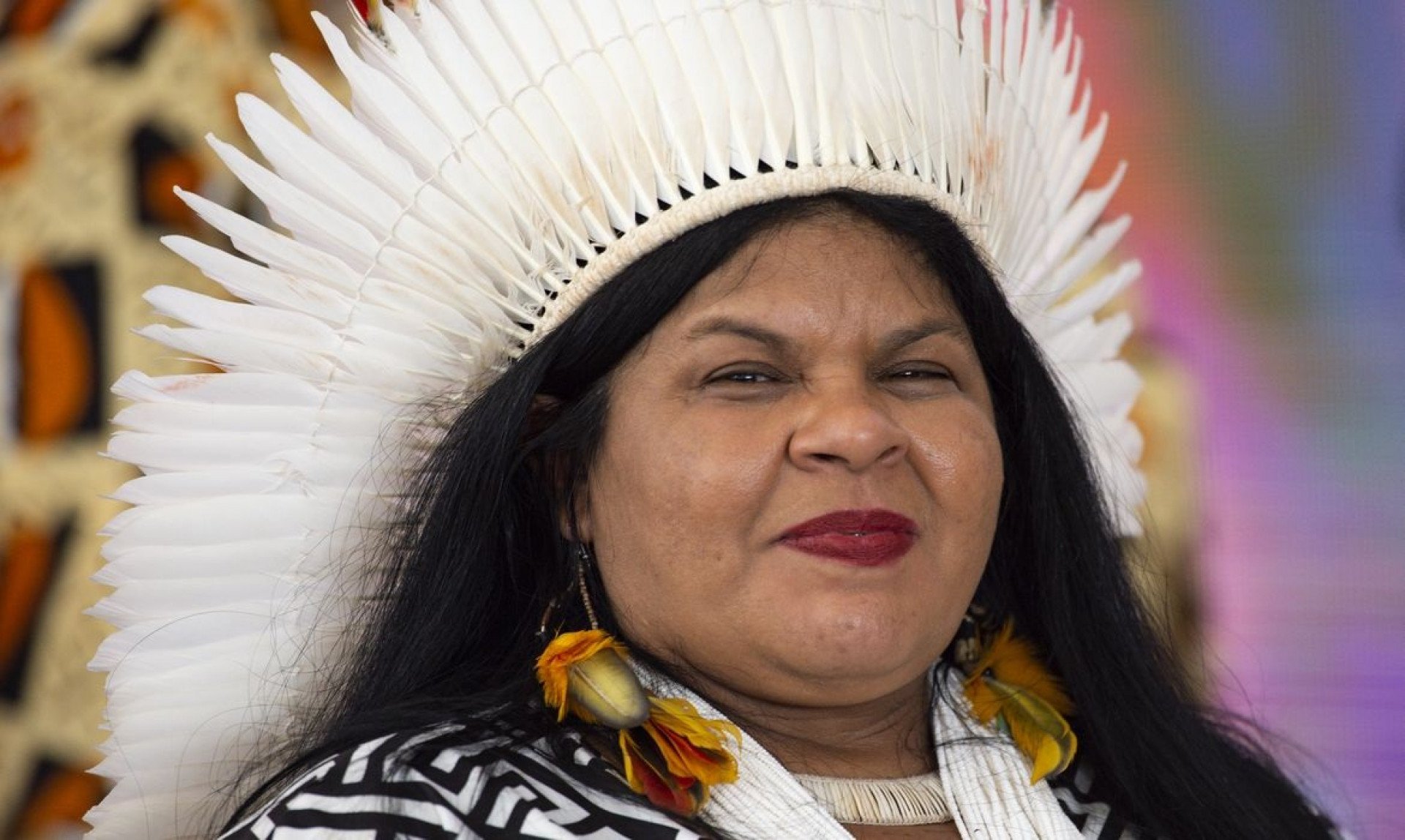
Sonia Guajajara, Minister of Indigenous PeoplesMarcelo Camargo/Agência Brasil
Published 04/19/2024 09:08
“We are in a moment of protagonism for indigenous peoples (…), but, in fact, we have a structural issue, historical problems, the result of abandonment, of neglect by the Public Power”, recognizes the Minister of Indigenous Peoples, Sonia Guajajara.
The number of people who declare themselves indigenous grew almost six times in the country between 1991 and 2022, a period in which representatives of different ethnicities began to occupy spaces and positions that were previously inaccessible and the presence of indigenous students in undergraduate and postgraduate courses became common – thanks mainly to the implementation of a national quota policy.
However, centuries-old ills, such as violence, discrimination, violations of traditional territories and basic rights and the precariousness of health care and indigenous education continue to fuel humanitarian crises such as those that victimize the Yanomami, in the Amazon, and the Guarani and Kaiowá, in Mato Grosso do Sul, among other peoples.
Born in the Arariboia Indigenous Land, in the south of Maranhão, in 1974, Sonia Bone de Sousa Silva Santos is a creation of social movements. She left her community at a young age to study. She graduated in literature from the State University of Maranhão (Uema), where she also completed a postgraduate degree in special education. She worked in different indigenous organizations, having been national coordinator of the Articulation of Indigenous Peoples of Brazil (Apib). Affiliated to PSOL, she was a candidate for vice president of Brazil in 2018, on the ticket headed by Guilherme Boulos.
Four years later, she became the first indigenous woman elected federal deputy for São Paulo, with more than 156 thousand votes. She left her position to take command of the unprecedented Ministry of Indigenous Peoples, created at the beginning of the current federal administration. In 2022, the prestigious North American magazine Time named her as one of the 100 most influential global personalities of the year.
